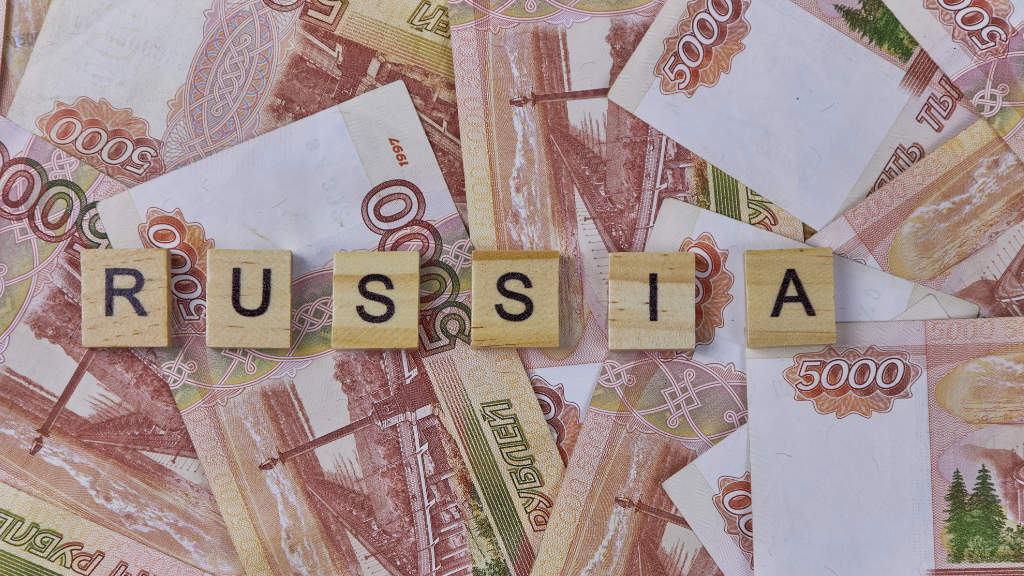Russia suspended its double tax treaties with numerous ‘unfriendly’ countries in 2022, a decision that created some shock waves at the time as these agreements prevented the taxing of income in both Russian and mainly Western-aligned countries. As was shrewdly observed at the time “Why should Russia treat unfriendly foreign nations to tax reductions when they impose sanctions on our trade?”
Double Tax Treaties work on the basis that the same income cannot be taxed twice in different countries. This basic premise is of use when structuring cross-border investments and trade between countries because tax rates differ between different countries. For example, the Corporate Income Tax rate in Russia is currently 25%, meaning that Russia will levy a CIT tax of that amount on profitable income. However, if this money is generated by a Foreign-Invested Company, which then want to repatriate those profits after taxes back home, the CIT rate back in their home country might be different.
For example, in India, the CIT rate is 34.94%. But Indian companies, upon returning their Russian sourced profits back to India don’t have to pay another 34.94%. Instead, they will pay the difference between the tax they paid in Russia (25%) and the tax balance due to India (9.94%). Hence the term “Double Tax Treaty”.
However, DTA, when used correctly, can also help reduce the overall profits tax via a simple and legitimate method of transferring the category of tax liabilities. This is where Russian businesses should be paying attention to these documents. DTA are usually bespoke agreements containing provisions that reflect the bilateral trade strengths between the participating nations. A clause to pay specific attention to concerns royalty payments for the use of patents or trademarks (brands). Often this identifies a ‘Withholding Tax’ rate – typically of 15%.
Crucially, if this is lower than the CIT rate of the country being invested in by a Russian business, for example Algeria, the Algerian CIT rate is 26%. However, in Article 12 of the Russia-Algeria Double Tax Treaty, it is clearly specified that the Royalty rate applicable for “any means payments of any kind for the use or right to use any copyright of literary, artistic or scientific work including films and recordings for radio and television broadcasting, any patent, trademark or trademark, design or model, plan, secret formula or process secrets, as well as for the use or right to use any industrial, commercial or scientific equipment or for information concerning experience gained in industrial, commercial or scientific experience” is 15%.
This means that in order to minimize the Algerian CIT rate of 26%, it would be a good idea to agree royalty payments to be charged to the Algerian subsidiary (or trading partner) of a Russian-owned business in Russia. In Algeria this royalty rate is classified as a legitimate expense – reducing the overall profitability and allowing the transfer back to Russia of these expenses.
Currently, Russia has Double Tax Treaties in force and remaining valid with the following countries:
Algeria, Armenia, Azerbaijan, Belarus, Botswana, Brazil, China, Cuba, Egypt, India, Iran, Israel, Kazakhstan, Indonesia, North Korea, South Korea, Kuwait, Kyrgyzstan, Lebanon, Malaysia, Mali, Mexico, Moldova, Mongolia, Morocco, Namibia, Oman, Philippines, Qatar, Saudi Arabia, Serbia, South Africa, Sri Lanka, Syria, Tajikistan, Thailand, Turkey, Turkmenistan, Uzbekistan, Venezuela, and Vietnam.
We will be examining the specifics of some of these agreements in upcoming articles.
For tax advisory involving Russian investments overseas, please contact us at info@russiaspivottoasia.com
Further Reading
Russia 2025 Individual and Corporate Income Tax Rates
Continue Reading





 Русский
Русский









